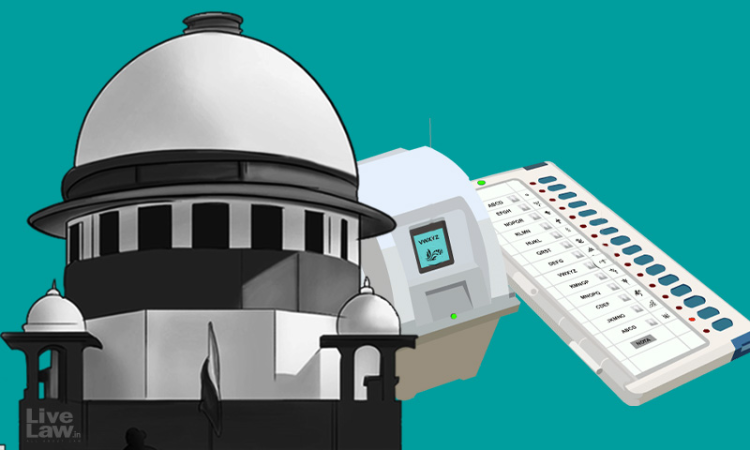Freebies Issue : Supreme Court Says Balance Needed Between Economy & Welfare Of People
Shruti Kakkar
11 Aug 2022 3:06 PM IST

Next Story
11 Aug 2022 3:06 PM IST
While considering a plea seeking directions to the Election Commission of India to not permit political parties to promise freebies during election campaigns, the Supreme Court on Thursday stressed on creating a balance between the welfare of the State and the economic strain on the public exchequer. ."Economy losing money and the welfare of people, both have to be balanced. That's why...
